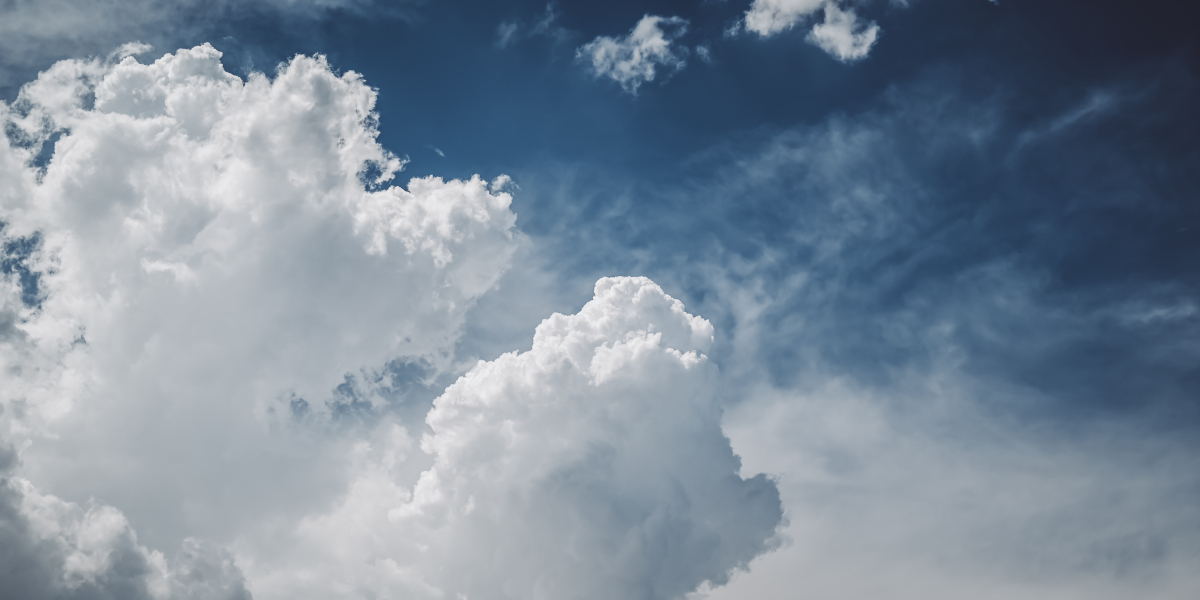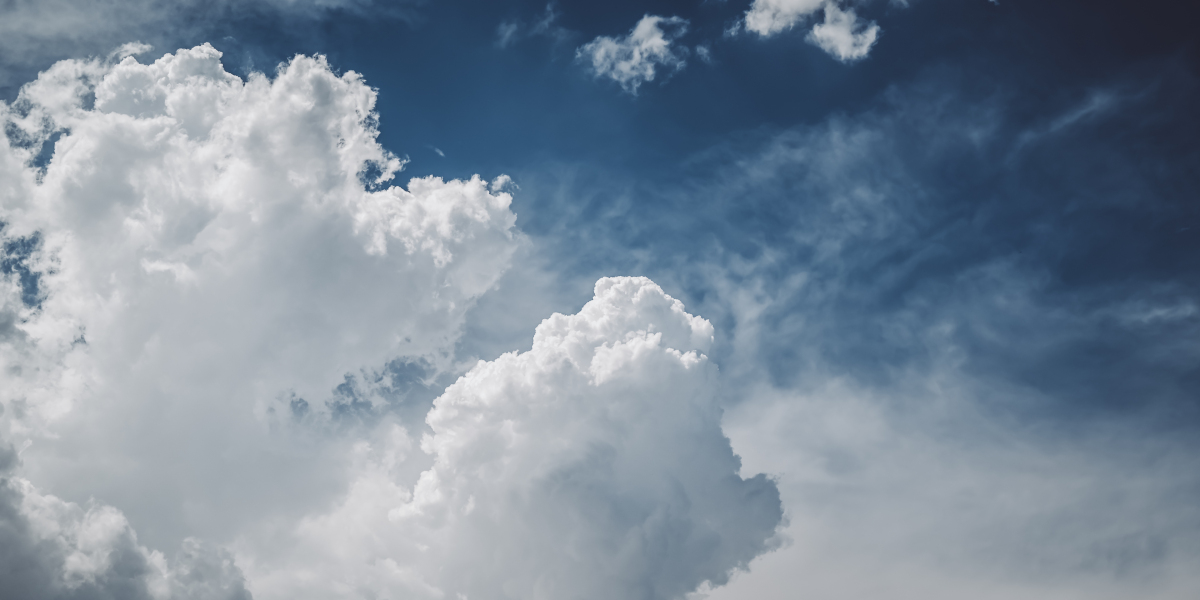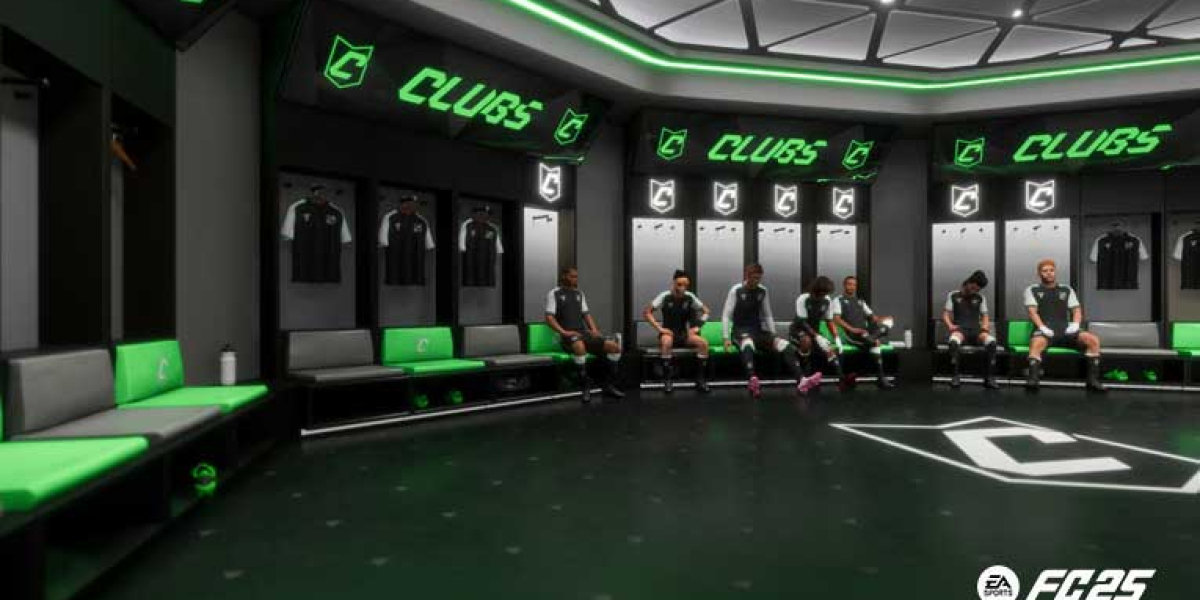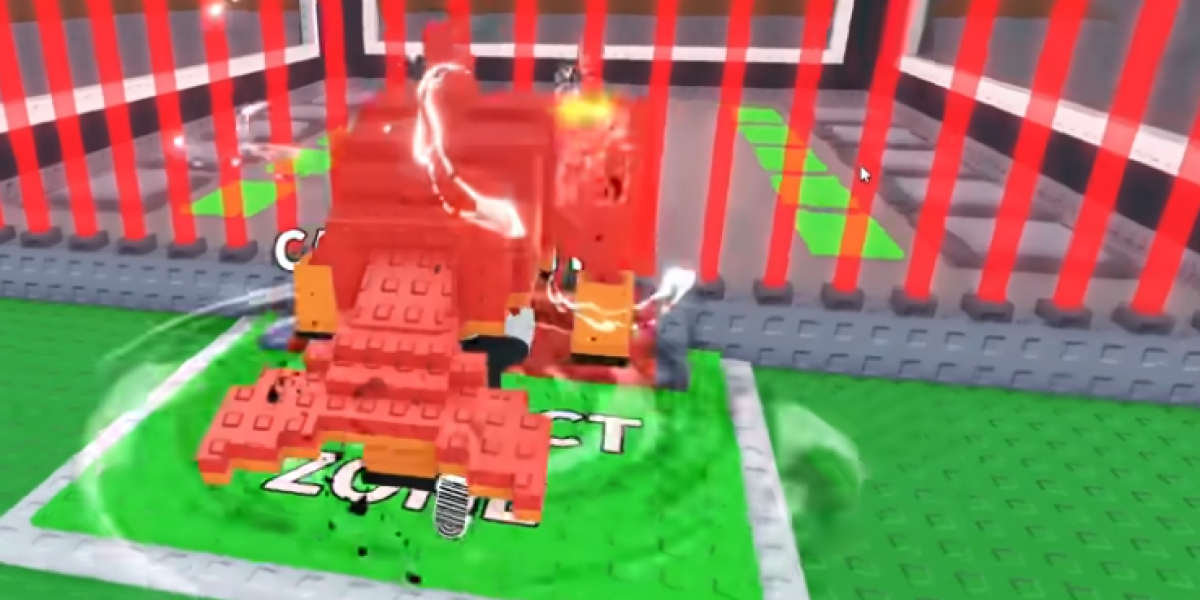Unlock the Secret to Catching Crappie: Discover the Ultimate Fishing Lures!
Crappie fishing is more than just a pastime; it’s an exhilarating challenge that connects you with nature and tests your angling skills. The thrill of reeling in a crappie, known for its delicious taste and feisty fight, can be incredibly rewarding. However, the key to a successful day on the water lies in using the right lures. Choosing the best fishing lures for crappie can significantly boost your chances of making a catch, transforming a quiet day into a memorable fishing adventure. With a plethora of options available, including jigs, soft plastics, and more, understanding which lures work best in various conditions is essential for any angler serious about crappie fishing.

Understanding Crappie Behavior
To effectively catch crappie, it's crucial to understand their behavior. Crappie are typically found in freshwater lakes and rivers, favoring areas with submerged structures like brush piles, rocks, and vegetation. They are opportunistic feeders, primarily consuming small minnows and insects. Their feeding patterns vary throughout the day; they tend to be more active during dawn and dusk when they venture out from their hiding spots. Seasonal changes also play a significant role in their behavior. In spring, crappie spawn in shallow waters, making them more accessible. During summer, they seek cooler depths, while in fall, they actively feed to prepare for winter. This understanding allows anglers to select the most effective lures to match the crappie's behavior throughout the year.
Types of Fishing Lures for Crappie
When it comes to crappie fishing, several types of lures stand out for their effectiveness.
Jigs
Jigs are a staple in crappie fishing due to their versatility and effectiveness. They come in various sizes and colors, allowing anglers to tailor their choices to specific fishing conditions. Jigs can be fished at different depths and retrieved at varying speeds, making them ideal for targeting crappie in both shallow and deeper waters. When I went fishing with a friend last spring, we experimented with different jig colors and found that bright colors worked wonders in murky water, while more natural shades were better in clear conditions.
Soft Plastics
Soft plastic lures are another favorite among crappie anglers due to their lifelike action and versatility. Available in various shapes, sizes, and colors, soft plastics can mimic the natural prey of crappie. They can be rigged in multiple ways, including Texas rigs or on a jig head, allowing for varied presentations. A friend's experience with using a soft plastic minnow during a summer trip yielded consistent catches, proving their effectiveness when crappie are more selective about their food.
Spinnerbaits
Spinnerbaits are an excellent choice for crappie fishing, particularly in stained or murky waters where visibility is limited. The flash and vibration created by the spinning blades attract crappie from a distance. These lures are best suited for covering larger areas quickly, making them ideal for locating active fish. During a recent outing, I noticed how a slow retrieve with a spinnerbait near submerged structures led to several strikes, demonstrating how effective they can be in the right conditions.
Crankbaits
Crankbaits are designed to mimic the swimming action of baitfish, making them a great option for targeting crappie. They can be particularly effective in deeper waters, especially when crappie are holding at specific depths. By varying the speed at which you retrieve the crankbait, you can trigger bites even when fish are not actively feeding. I recall a fishing trip where a friend caught a substantial crappie using a crankbait at a specific depth, showcasing the importance of depth control when crappie fishing.
Factors to Consider When Choosing Lures
When selecting lures for crappie fishing, several factors should be considered to improve your chances of success. Water clarity plays a significant role; in clear water, natural colors tend to be more effective, while brighter colors can be better in murky conditions. Water temperature is another important factor, as it affects crappie's activity levels and feeding habits. During warmer months, crappie may be more aggressive, allowing for the use of faster retrieves and more active lures. Additionally, the time of day can influence lure selection; early mornings and late evenings often call for lures that mimic the natural movements of prey. Matching the size and color of your lure to the current feeding preferences of crappie can make all the difference, so pay attention to the conditions and adjust accordingly. My friend once shared how matching the lure to the size of the local baitfish led to a day full of successful catches.
Maximizing Your Crappie Fishing Success
In summary, understanding the best fishing lures for crappie is essential for any angler looking to improve their catch rate. From jigs to spinnerbaits, each type of lure has its unique advantages that can be leveraged based on seasonal changes and environmental conditions. Experimenting with various lures can help you discover what works best for you and your local fishing spots. The joy of successful crappie fishing lies not only in the thrill of the catch but also in the exploration and learning process that comes with it. So grab your gear, choose your lures wisely, and get ready for an unforgettable day on the water!








